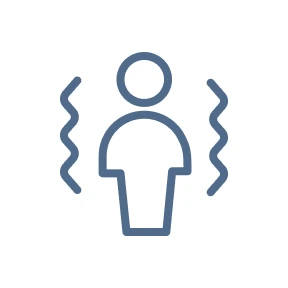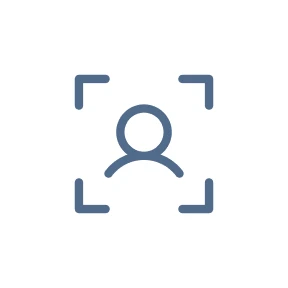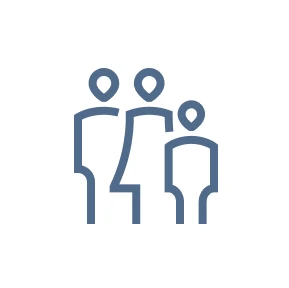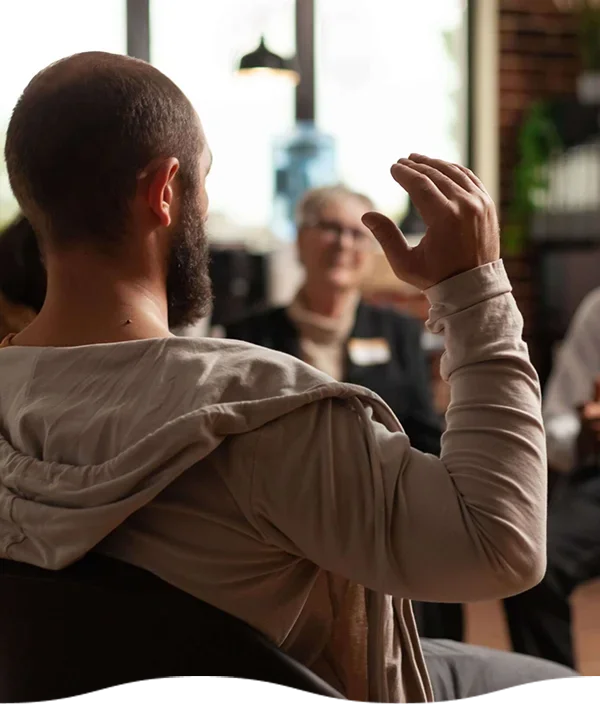What Is Cocaine?
Cocaine is a powerful stimulant drug made from the leaves of the coca plant, native to South America. It most commonly appears as a white powder or in a crystallised form known as crack cocaine (NIDA). Both types act rapidly on the central nervous system, flooding the brain with dopamine — the chemical responsible for feelings of pleasure and reward.
This sudden surge creates intense euphoria, alertness, and confidence, but the effects fade quickly, often within minutes. To maintain the high, many people use cocaine repeatedly, which greatly increases the risk of dependence and addiction (World Health Organization).
Because cocaine use changes brain chemistry and behaviour, it’s classified as a highly addictive and illegal substance. Repeated use can lead to physical harm, mental health problems, and serious legal consequences.







